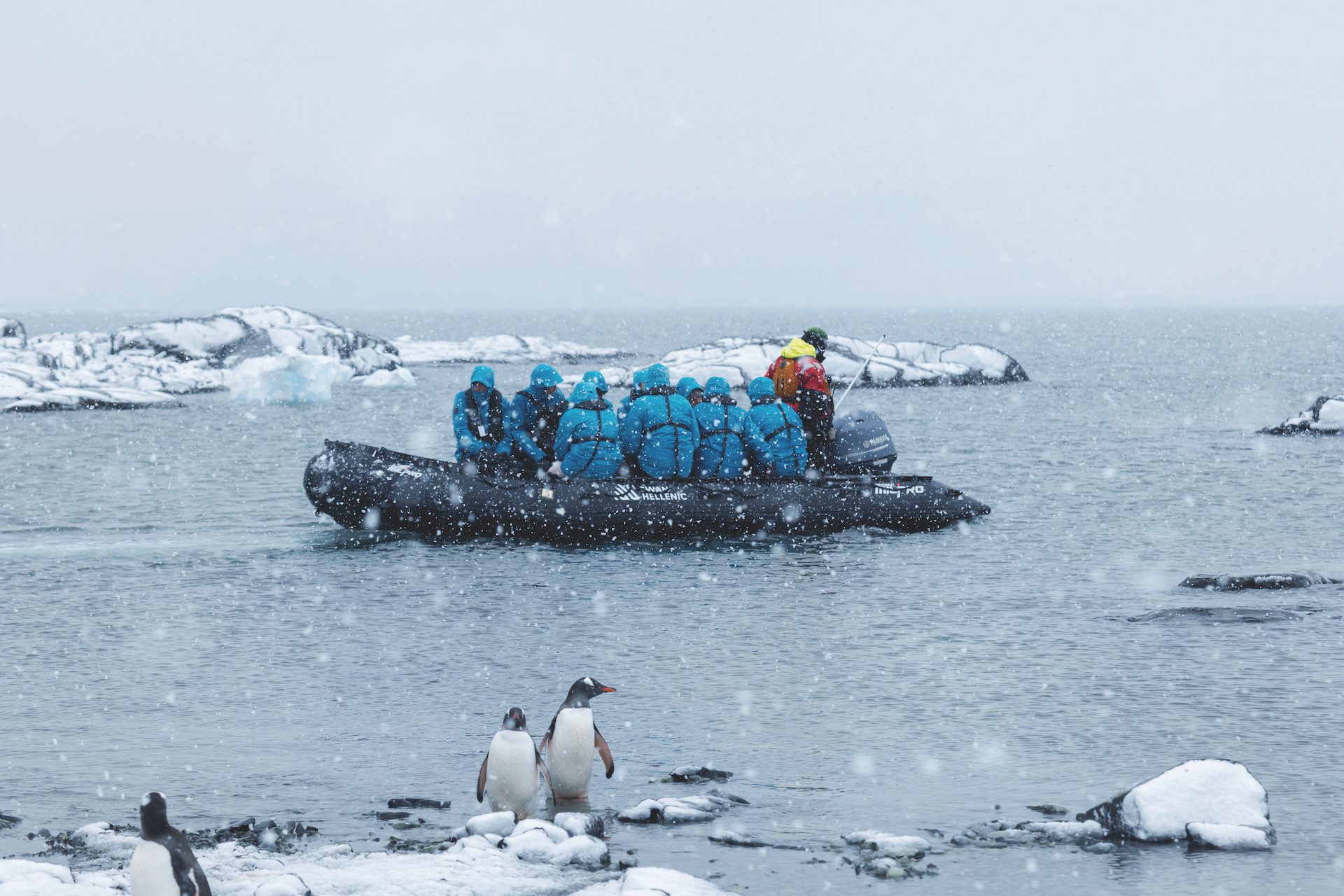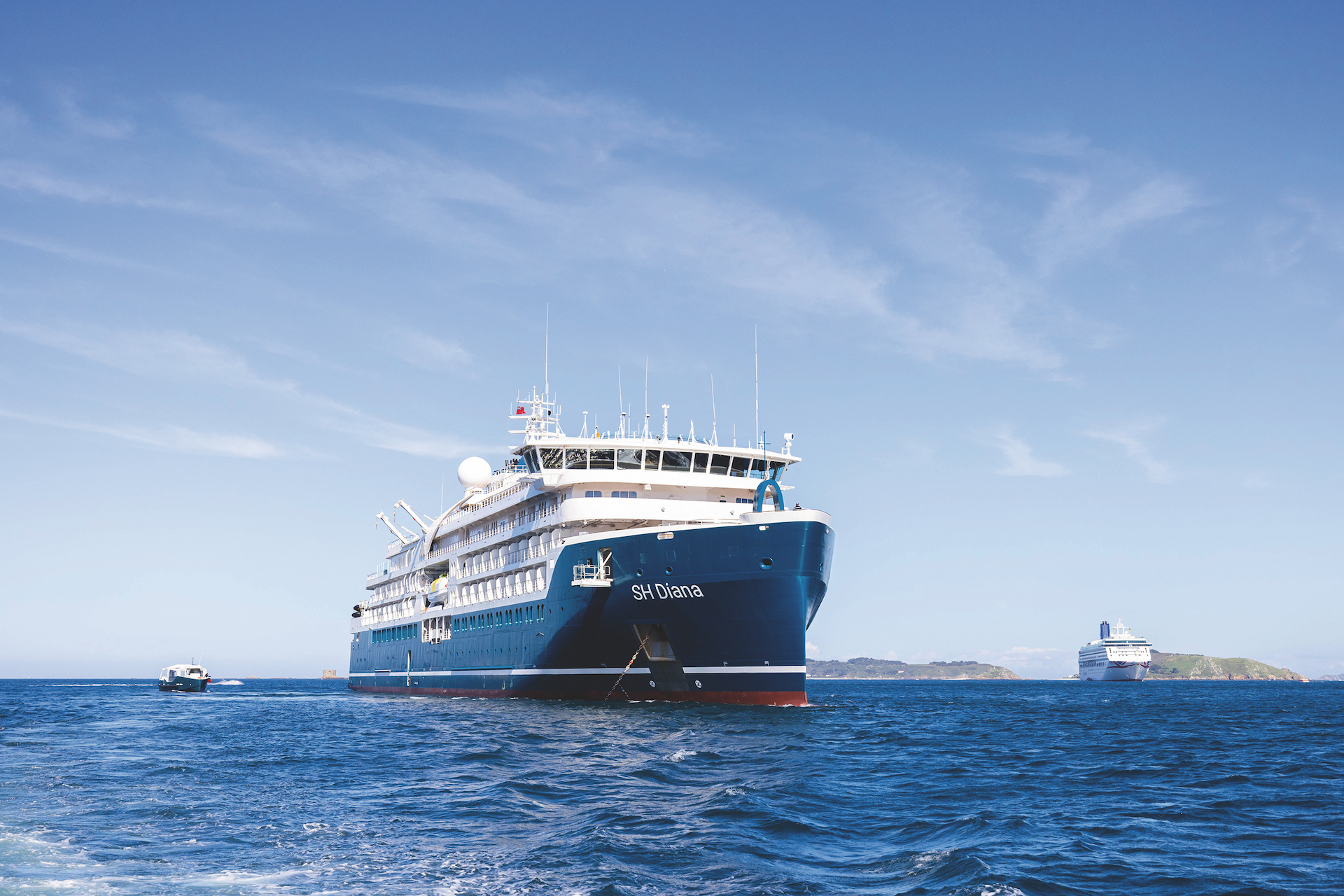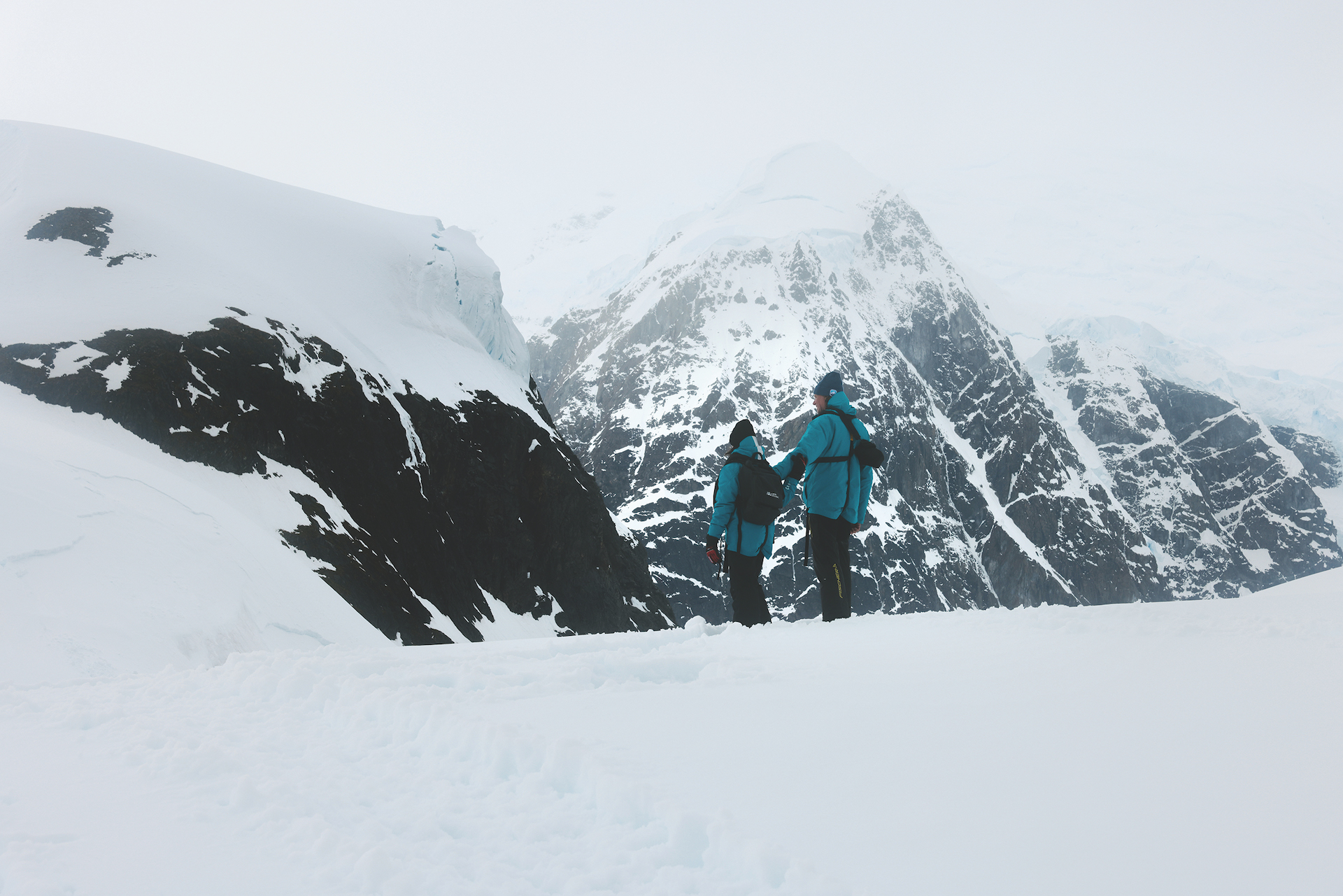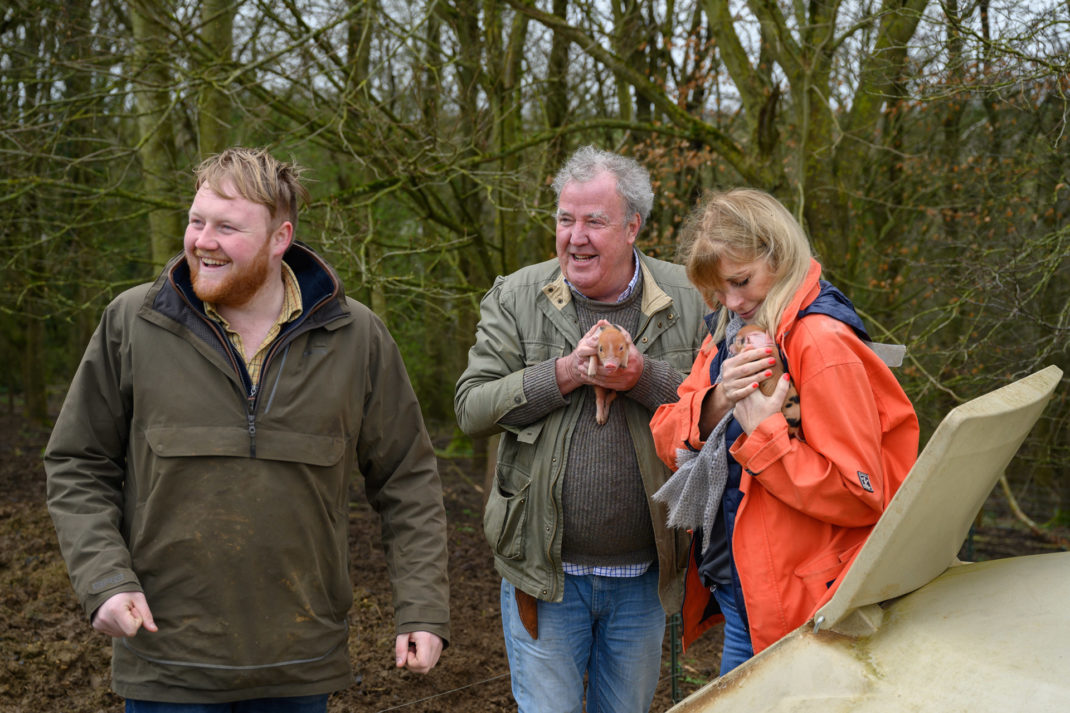Can You Travel to Antarctica Responsibly?
By
1 year ago
To the ends of the earth – keeping the rest of the planet always in mind
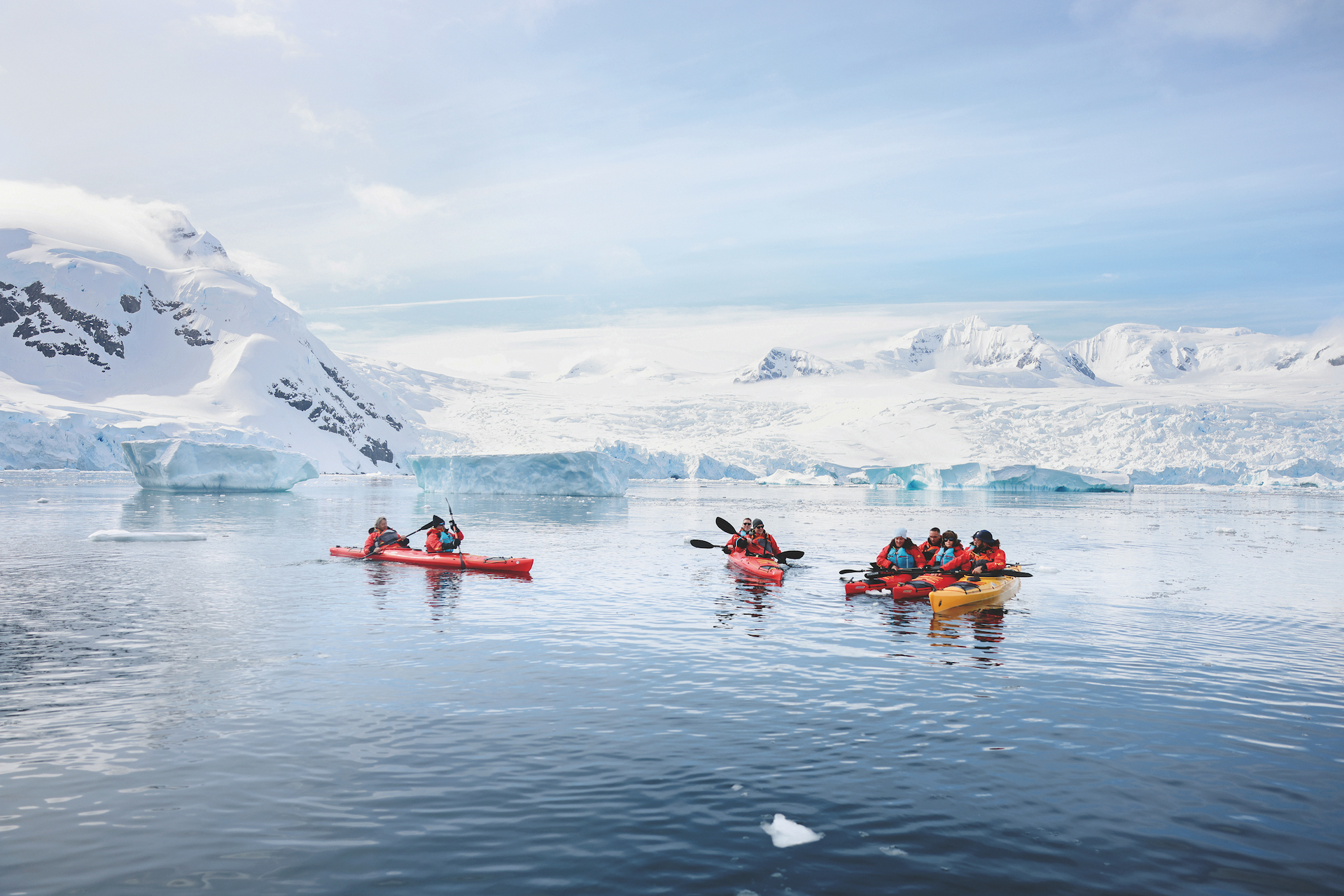
The sentence, ‘I’m going to the Antarctic’ is almost always met with a ‘wow’. That’s because it’s an intriguing mystery to those who haven’t been and a place of magic for those who have. If the opportunity arises to see this ethereal part of the world, you must. And if you’re wondering about the impact your Antarctica trip will have on the planet, rest assured, there are sustainable choices to make.
A Responsible Trip to Antarctica
Back to the ‘mystery’ part; if you don’t visit a place, it’s harder to relate and compute the impact. Say, for example, a plastic disposable water bottle created from microplastic nurdles leaked into oceans and was then ingested by penguins you’ve seen play in the snow: you’re more likely choose a stainless-steel bottle next time. When you’re kayaking past a crystal-like glacier swiftly slipping into the waters around you, never to be seen again, you’ll think twice and choose a bike, walk or car-pool – thus doing your part against global warming. By visiting the great white vistas of Antarctica, you’ll gain an insightful perspective, returning home an ambassador in the position to profoundly teach others.
I cruised with Swan Hellenic onboard its stunning SH Diana, for the ship’s inaugural expedition to the Antarctic.
I spent sea days attending on-board lectures imparting context to the scenery and wildlife we’d be encountering, gaining a greater affection and respect for my astonishing surroundings. Making use of the binoculars in my cabin, no longer was it just a bird in the sky, but I was distinguishing not-so graceful giant petrels from a flock of black-capped Antarctic terns searching for small fish from up above. The biographies of expedition leaders are available and whomever you’d like to pick their brains you can ask to join you for dinner – a popular pastime. I was travelling alone and loved that there was a solo traveller meet-up, cementing friendships to dine and discuss activities with, for the rest of the voyage. The daily briefing told guests what to expect, creating safety and new excitement for the day ahead. Guided wildlife surveys on deck were a chance to participate in citizen science. This could be as simple as making a log of what wildlife we saw in a specific period, contributing to scientific data. Polar regions are difficult and expensive for scientists to access, limiting essential research, so guests who participate help them better understand climate change and how it’s affecting polar regions. There’s ample downtime to have a drink at the bar, looking out the windows to the fairy-tale polar paradise. SH Diana has many nooks and crannies to be alone, too, should you want to sit outside cradling a hot chocolate, or sink into the hot tub with unobstructed views, for a surreal experience.
Size matters when it comes to Antarctic cruises; the smaller the ship, the less of an environmental footprint; fewer people means more landings and time on land to explore. SH Diana takes up to 192 guests, fewer than many cruises, so we could feel a different location frequently. Additionally, more people could go kayaking or do a polar plunge – the latter I couldn’t face, but had fun peering at plucky people from my balcony.
One of the landings that stood out was Whalers Bay, a rather gruesome, yet historical scene of whale oil tanks for fuel, thankfully something not prevalent now. You can walk around the shacks where the workers would have lived, imagining how remote their life was. Organisations such as the International Association of Antarctic Tour Operators, which Swan Hellenic is a member of, promotes environmentally responsible private-sector travel to the Antarctic. Before you start exploring, all your outer gear such as jackets and waterproof trousers go through a biosecurity check ensuring guests don’t bring in alien seeds or diseases. The age of the ship also matters; new ships such as SH Diana are finished with eco-friendly paint and use clean diesel.
One of the biggest joys of going somewhere remote is to record it with imagery and videos. This is not just the case with wildlife; scenery is a highlight too, such as the photogenic Lemaire Channel, or the shades of green and pink naturally gleaming from coloured algae, against the stark white snow and black volcanic rock. Every angle is picture-worthy.
The dining was discerning. Hotel director Philipp Reutener explained that they reduced portion sizes so guests can try different dishes, but also to reduce wastage. The tantalising dishes are made from sustainably sourced ingredients and there’s something on offer 24/7, both in restaurants and room service. For those who enjoy a spa, I’d recommend the facial using vinotherapy products made from grapes. Although weather largely dictates the schedule, you rarely miss out – for instance, the Port Lockroy team came onboard to meet us as opposed to us landing – too many penguins to keep a respectful five-metre distance! The team shared stories of their research and support of the heritage of the port and Antarctica, working with the British Antarctic survey. A portion of proceeds from sales from their eclectic gift shop goes towards research. I posted a few postcards from the most southerly post office in the world, which they run, before paying for my novelty penguin passport stamp – what a memory.
You can’t quite put into words the magnitude of experiencing this otherworldly continent. Walking on the wintry white crunchy snow, crisp air awakening your cheeks, with nothing much around other than the odd sleepy seal or perky penguin exploring; it feels like another planet. Perhaps only a visit to Mars could rival. As Leonardo da Vinci said: ‘Learn how to see. Realise that everything connects to everything else.’ Once you’ve seen the Antarctic, your newfound affection with the place and the planet will deepen. How could that possibly ever be a bad thing?
Book It: The next Antarctic Peninsula Discovery departs 13 December 2024, from £7,035pp. swanhellenic.com
Yasemen’s return flights had a carbon footprint of 4,004kg. CO2e. ecollectivecarbon.com

